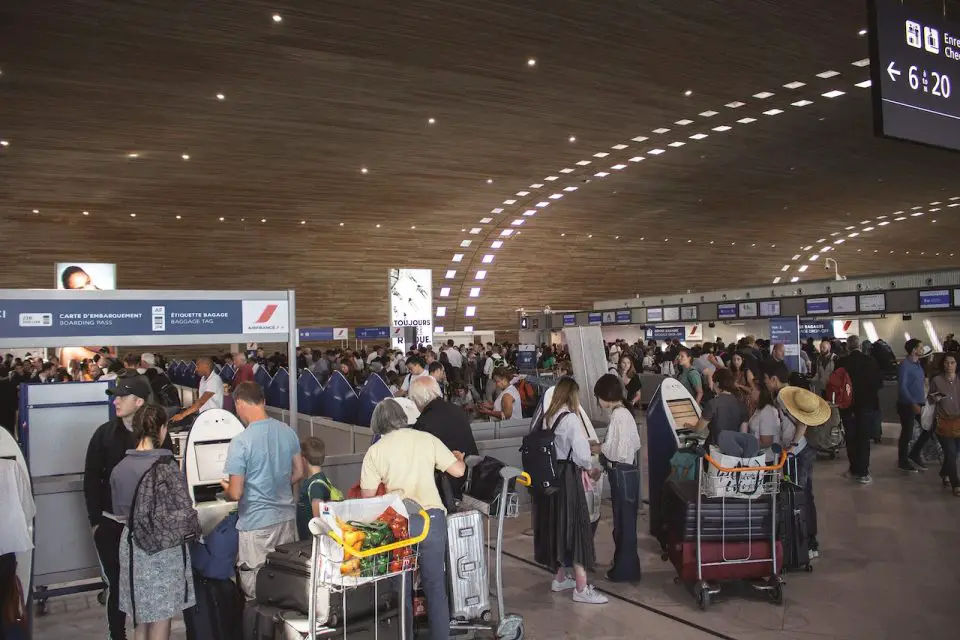As the looming deadline for Congress to avert a government shutdown approaches, the potential fallout for travelers and the aviation industry hangs in the balance. This Saturday not only marks the deadline to avert a shutdown but also the crucial reauthorization of the Federal Aviation Administration (FAA).
Senate Commerce Committee Chair, Maria Cantwell (D-Wash.), emphasized the strain on the aviation system and workforce, stating, “The last thing we need is more pressure on an already strained aviation system and workforce.” However, meeting both deadlines is proving to be an uphill battle for lawmakers.
Airlines for America, the industry’s advocacy group, outlined the potential consequences of missing both deadlines. They warned that a shutdown alone could result in flight delays, longer screening lines, and setbacks for crucial initiatives like air traffic controller training and modernization efforts. Inadequate FAA funding could further exacerbate risks to the system’s efficiency and vitality.
While efforts are underway in Capitol Hill to mitigate some effects, options are limited at this juncture. A government shutdown appears increasingly likely, with lawmakers exploring various last-ditch measures. Simultaneously, consensus on a comprehensive multi-year FAA reauthorization package remains elusive, with debates ranging from annual funding levels to pilot training regulations and new air routes.
On Tuesday evening, the Senate introduced a final attempt to avert a shutdown and provide short-term FAA reauthorization, maintaining essential agency functions until year-end. However, its fate is uncertain, and even if passed in the Senate, it is expected to face resistance in the House of Representatives.
History offers a glimpse into the likely disruptions for travelers if a government shutdown occurs and worsens over time. During the 2018-2019 shutdown, many Transportation Security Administration (TSA) employees worked without pay, resulting in a higher rate of unscheduled absences and longer security lines at some airports. Air traffic controllers, despite their higher median salary, also faced financial uncertainty.
The potential closure of the FAA academy, responsible for training new controllers, further compounds concerns over the air traffic system’s stability. Transportation Secretary Pete Buttigieg criticized the prospect, highlighting the contradiction in shutting down air traffic control training amid travel disruptions.
By law, both TSA employees and air traffic controllers are entitled to receive back pay once the government reopens. However, the day-to-day regulatory functions of the FAA, such as approving new flight systems and inspecting runways, face potential delays, impacting companies and projects.
FAA authorization has been a non-issue in recent government shutdowns, but if Congress misses the reauthorization deadline, revenue complications may arise. The FAA relies on Congress funding and taxes from passenger ticket purchases, channeled into the Airport and Airways Trust Fund. A lapse in authorization jeopardizes access to and collection of these funds, potentially costing the agency millions in lost revenue.
While an FAA reauthorization bill has progressed in the House, it has encountered resistance in the Senate. Senate Majority Leader Chuck Schumer’s recent move to advance the bill serves as a strategic maneuver amid shutdown concerns. Schumer is expected to announce further plans in the coming days, with potential amendments to the bill.
In the face of these impending deadlines, the aviation industry and travelers alike await the resolution of these critical issues in Congress. The potential consequences of a government shutdown and FAA reauthorization delay weigh heavily on the aviation industry, already grappling with ongoing challenges.
Source: Yahoo Finance

